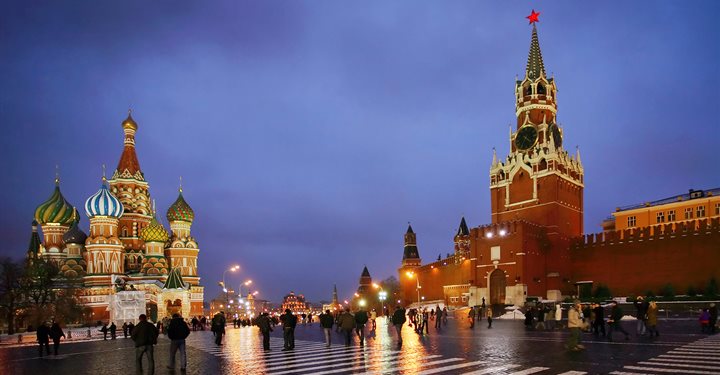Russian Studies at Birmingham is long-established and well-reputed, with world-class research.

What we teach
You will be taught and supervised by international scholars with a wide range of expertise. In the most recent Research Excellence Framework, over 75% of our research in the Department of Modern Languages has been judged to be ‘world-leading’ or ‘internationally excellent’.
Our staff have a wide range of teaching interests, from Russian modernist and postmodernist literature and culture, to the Russian avant-garde and the role of new media in a post-Soviet socio-economic climate.
How we teach
The aim of the department is to put students at the centre of the learning process, with an engaging approach to small-group teaching and student-led seminars. Together with our colleagues in the Centre for Russian, European and Eurasian Studies (CREES), we conduct a wide-range of funded research with staff at the cutting edge of their field, which feeds into our research-led teaching.
Our sector-leading blended approach to teaching means that our students develop linguistic fluency alongside cultural fluency. As a result, our programmes create graduates who will be able to connect with people and employers who speak their target language on the same cultural wavelength. By extension, our programmes will help make our graduates subject experts, using their languages well to establish relationships and careers in their target language.
Learn more
For more information about studying languages with us, visit:
Modern Languages undergraduate degree combinations
Postgraduate studies in the Department of Modern Languages
Outside of your studies
Birmingham is one of the most culturally mixed cities in the UK. For centuries, people have travelled across the country and the world to build their lives here.
The city hosts around 50 annual festivals - so there is always something happening in the city celebrating diversity, community and innovative intercultural exchanges. Birmingham’s restaurant scene also offers around 30 different nationalities and styles of cooking. The city is also home to Birmingham International Airport, the third largest airport in the UK, for fantastic access to destinations of your target language.
The University of Birmingham’s Guild of Students run active language societies and produce an on-campus magazine – The UoB Linguist Magazine – for students interested in culture and languages.